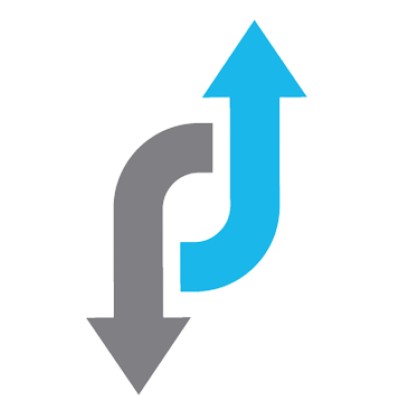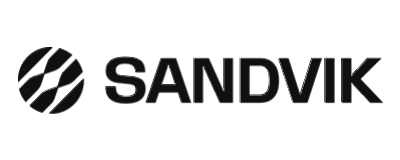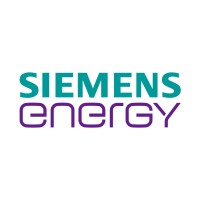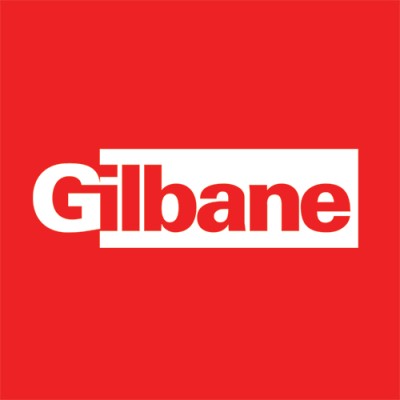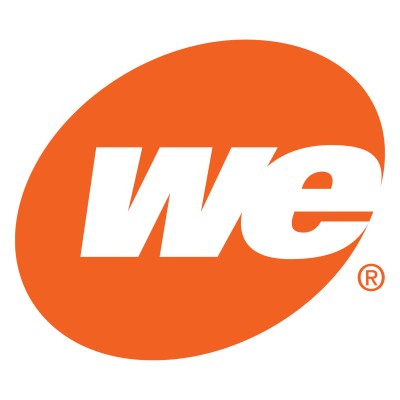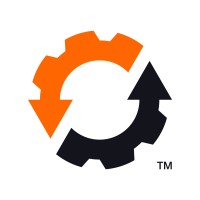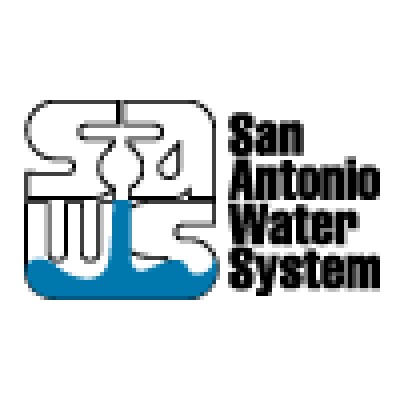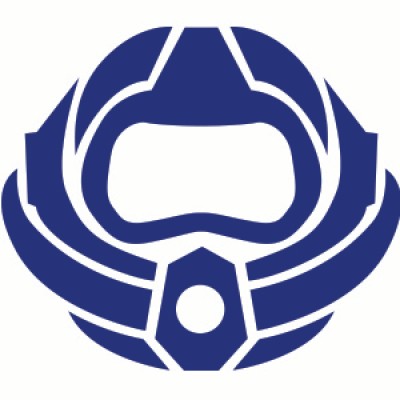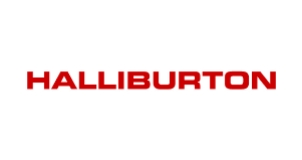The Front-End Engineering Manager is responsible for integrating subsurface performance analysis with system-level design requirements for Upwing's Compressor Systems. This role oversees the development of early-phase technical deliverables, including reservoir analysis, wellbore modeling and the Compressor Design Input Document (CDID), which guides the aerodynamic and mechanical design of the compression system. The role also includes managing wellsite data and early production assessments to evaluate technical feasibility and the business value of potential opportunities.
Essential Duties and Responsibilities:
•Lead front-end system engineering efforts for new subsurface compressor deployments, acting as the primary technical integrator across reservoir, wellbore and compressor domains.
•Own and maintain the Compressor Design Input Document (CDID), ensuring it reflects validated performance requirements, operating envelopes and field constraints.
•Manage initial well site data, well production history and well completion data to support the evaluation of project viability and economic justification.
•Lead and guide reservoir engineering evaluations to quantify drawdown potential, expected production uplift, and dynamic response to compression.
•Oversee wellbore simulation efforts (including Enhanced Production Simulator (EPS) and OLGA/other multiphase flow tools) to characterize inflow, liquid loading and velocity requirements.
•Translate production optimization targets into actionable design inputs for aerodynamic and mechanical design teams.
•Review and approve all upstream simulation inputs and boundary conditions; validate well candidate data integrity and model quality.
•Drive iterative alignment between predicted reservoir response and compressor aerodynamic stage development.
•Coordinate with project engineering, delivery and product management to ensure the final design supports business, safety and operational goals.
•Support client-facing engagements by presenting early-phase engineering analyses and design justification.
•Collaborate with the data science and field services team to close feedback loops between predicted and actual well performance.
Skills and experience sought:
•B.S. or M.S. in Petroleum Engineering, Mechanical Engineering or a related technical field.
•Minimum of 8 years of experience in upstream oil and gas engineering, with at least 3 years in reservoir or production optimization roles.
•Demonstrated ability to analyze wellhead data, production histories and completion configurations to drive feasibility assessments.
•Deep understanding of reservoir performance, inflow dynamics and artificial lift strategies in gas and gas-condensate fields.
•Proficiency in wellbore modeling and multiphase simulation tools (e.g., OLGA, Prosper, or custom simulators).
•Experience generating and managing system-level technical documents, such as design inputs or requirements specifications.
•Familiarity with rotating machinery and compression fundamentals is strongly preferred.
•Demonstrated ability to lead cross-disciplinary technical teams and manage interface handoffs between subsurface, mechanical and controls disciplines.
Intangibles sought:
•Technically rigorous with strong analytical and systems thinking skills.
•Able to manage ambiguity and develop structure in early-phase technical scoping.
•Comfortable leading multidisciplinary teams and challenging assumptions constructively.
•Strong communication and documentation skills, with the ability to translate complex models into clear requirements.
•Solution-oriented mindset focused on delivering value to internal stakeholders and external clients.
•Team player who fosters trust and constructive problem-solving
Physical Demands:
This position is primarily office-based, with occasional visits to field locations or test facilities. It may require domestic or international travel to support field assessments, design reviews or client engagements. Candidates must be able to work under tight deadlines and adapt to shifting project priorities.

